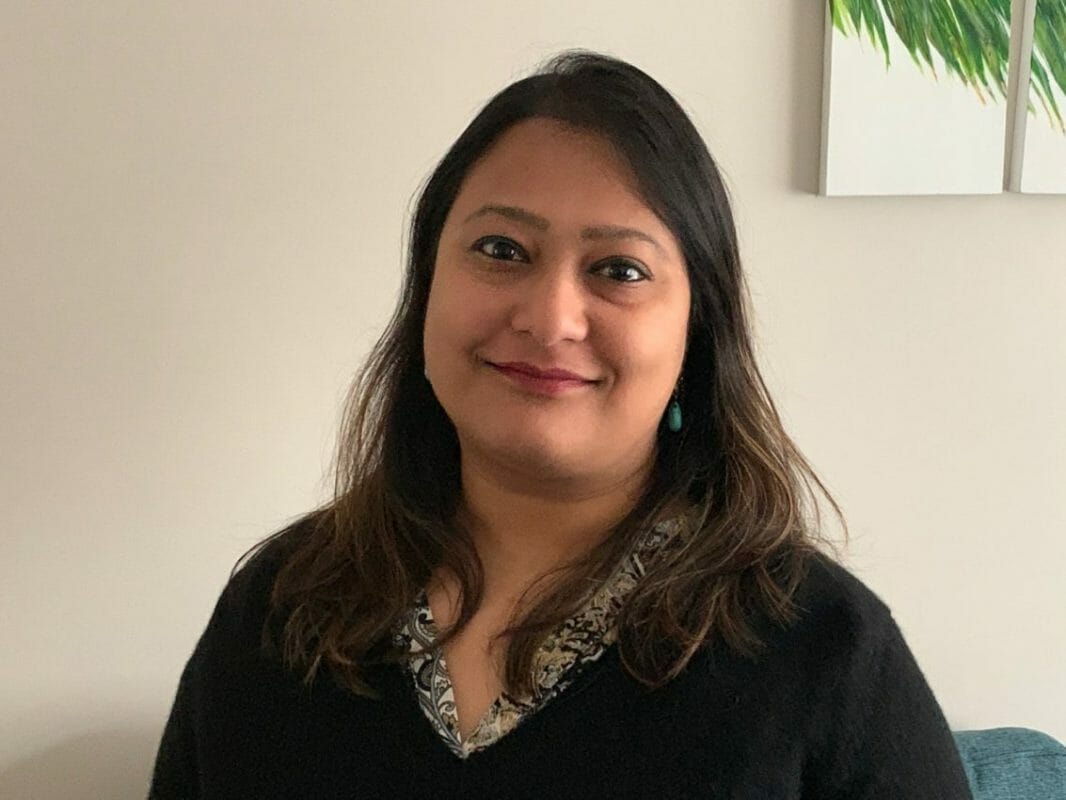It’s hard to find someone that hasn’t heard of NASA and its space innovations. However, we often don’t see past the space station. While originally created to discover more about the universe, NASA does more than just send people to space.
According to The Planetary Society, only 44.9 percent of NASA’s budget is for human spaceflight. As the CEO of scientific talent platform Kolabtree highlights how NASA’s research has benefited humans more widely and what we can learn about outsourcing research.
NASA uses its knowledge from Earth and the wider universe for projects other than simply exploring space. The official NASA website explains that the “International Space Station is a unique laboratory for performing investigations that affect human health both in space and on Earth.” NASA’s research has provided an enhanced understanding of various aspects of human health, such as the aging process, trauma, disease and the significance of the environment on our physical and mental health.
MedTech research in NASA
Recently Allyanna Rice, a PhD student from Kiourti’s Wearable and Implantable Technologies lab, was awarded a NASA fellowship to help develop wearable antennas that will monitor astronauts’ physiology during space travel.
The project is aimed at helping astronauts endure longer missions. Currently, prolonged periods of zero gravity greatly affect an astronaut’s physical health after a mission, causing muscle atrophy, decreased bone density, and fluid shifting throughout the body, among other issues. Rice’s research may mean that astronauts could endure a six-month trip with limited physical deterioration. By monitoring bone density loss, scientists could then create countermeasures to slow down deterioration.
Outsourcing MedTech research
As pioneering as NASA is, its achievements come from great minds both within NASA and outside of the organization. While much of NASA’s research is conducted in-house, the organization has used freelancers for many years, holding a variety of contests to crowdsource solutions. The collaboration of industry experts can help accelerate research and bring unique ideas to project challenges.
Earlier this year, NASA created the third iteration of its Open Innovation Services (NOIS2) program. The program will run challenges that task partner companies with solving some of NASA’s most difficult technical problems. NOIS2 allows NASA to take advantage of independent experts to help test new ideas, expand its ground-breaking research, build prototypes and standardize best practices.
One of these partners is the freelance talent platform Kolabtree. Its extensive pool of freelance medical experts can help offer solutions to a variety of projects, from non-pharmacological treatment to somatic cell genome editing, and sensor technologies.
Highly specialized industry experts are often difficult to find on a short-term basis. To make such talent more accessible, Kolabtree provides access to over 20,000 scientific researchers, academics, and industry consultants in 2,000 scientific disciplines. That way, organizations like NASA aren’t delaying important research due to a lack of available talent.
Other businesses can approach projects in the same way, outsourcing specialists when needed to scale up their research. Outsourcing offers a win-win solution as both internal and external teams can share their knowledge to further develop each other’s skill sets.
If you’re working on a scientific project that may benefit from access to independent specialist skills, visit the Kolabtree website and post your project for free at https://www.kolabtree.com/.
Editor’s Note: In 2015, Ashmita Das started Kolabtree, a global platform that connects freelance researchers with companies looking for scientists. The London-based company says it now has 8,000 plus active users and has helped over 3,500 businesses over the past 3 years.
Kolabtree is the world’s largest freelance platform for scientists, helping organizations hire experts on demand. The company has a global network of 15,000 scientists and subject matter experts, offering consulting, research, writing, and analysis services. Project owners can post a project for free and receive quotes from experts before deciding on a freelancer to work with. quotes from relevant experts before deciding on a freelancer to work with.
